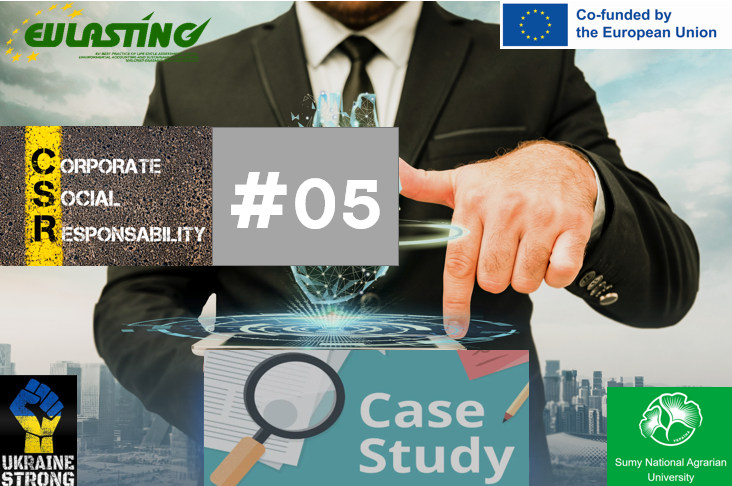IKEA’s “People & Planet Positive” strategy sets industry benchmarks by integrating sustainability across its value chain, including renewable energy, resource efficiency, and social responsibility.
IKEA utilizes multiple ESG frameworks, including GRI Standards and UN Global Compact principles, in both public disclosures and internal management systems. Its approach is notable for robust energy independence—producing more renewable energy than is consumed in operations since 2020. The company tracks and benchmarks sustainability objectives annually, reporting integration rates (60% by 2021) for sustainable materials in product lines.
Supply chain responsibility is addressed through improved labor conditions, supplier audits, and diversity initiatives. IKEA ensures full traceability of raw materials, focusing on sustainable forestry and agricultural commodities, with real-time reporting on sourcing and production impacts.
Social performance is highlighted in the Fair & Equal agenda, detailing human rights, community impact, and equality metrics across all jurisdictions. IKEA involves a broad stakeholder group in materiality assessments and reporting framework selection, thereby ensuring that targets and disclosures remain relevant and responsive to emerging global standards, such as the EU Corporate Sustainability Reporting Directive (CSRD).
Annual sustainability reports are accessible, targeted at a broad audience with actionable data, best practice case studies, and interactive content supporting open stakeholder engagement.
For more, see: https://ecoactivetech.com/understanding-esg-benchmarking-a-guide-for-businesses/



